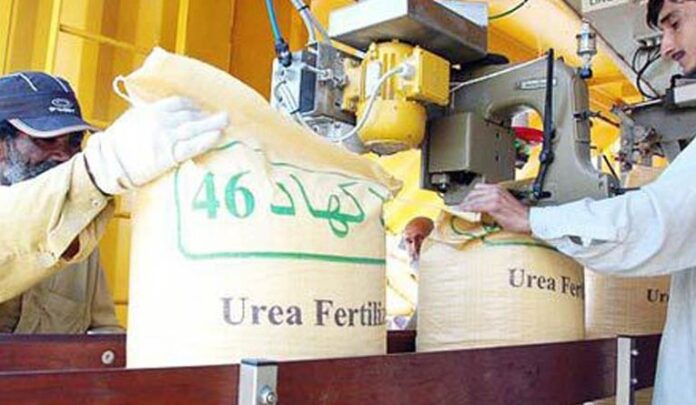ISLAMABAD: Shortly after the passage of the budget, the Economic Coordination Committee has approved an unbudgeted subsidy of Rs969 million to restart the RLNG-based fertiliser plants of Agritech and Fatima Fertilizer.
According to official documents, the two plants would be provided RLNG at the subsidised rate of Rs756 per mmbtu for three months (July-September) to produce around 200,000 tonnes of urea.
In 2019, these RLNG-based plants produced 767,000 tonnes of urea, which placed a fiscal burden of nearly Rs17 billion on account of subsidies, and foreign exchange outflow of Rs34 billion ($200 million).
The decision to import RLNG for fertiliser plants was taken despite the government’s policy of ensuring improved and consistent gas supply to those indigenous gas-based fertiliser plants that have invested heavily to ramp up local production.
As of June FY20, indigenous gas players produced 2.93 million tonnes of urea compared to 2.5 million tonnes last year. Meanwhile, urea demand dropped by 8pc as against the previous year, and the June-end inventory of 0.43 million tonnes was more than twice the usual levels at this time of the year.
On a full-year basis, the indigenous gas players are expected to produce 5.8 million tonnes to meet the urea demand of 5.8 million tonnes as forecasted by the government. Additionally, the opening channel inventory of 0.4 million tonnes is also sufficient to maintain minimum safety stock in the country.
Economists have already pointed out that the government’s target of a 7pc fiscal deficit and tax revenues target of nearly Rs 5 trillion were unrealistic, and it may need to introduce a mid-year supplementary budget. Therefore, the rushed decision to needlessly restart RLNG-based fertiliser plants is likely to widen Pakistan’s fiscal and trade deficit at a time when the country is facing severe pressure from the IMF and the economy has been disrupted by the Covid-19 pandemic.




